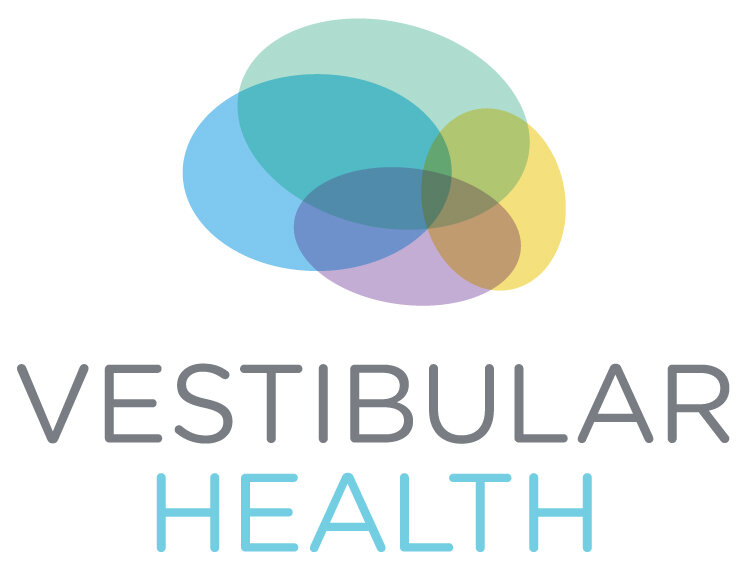
About Vestibular Rehab
What is Vestibular Rehabilitation?
Vestibular rehabilitation is an exercise based therapy that focuses on reducing symptoms of dizziness, vertigo, and imbalance. These symptoms are often caused by inner ear problems, but can also occur after concussion/mild traumatic brain injury. Vestibular rehabilitation with a trained physiotherapist helps determine the cause of your symptoms and the most effective treatments to help you feel better, improve your balance, and get you back to your usual activities.
The most common inner ear problem is a condition called Benign Paroxysmal Positional Vertigo, called BPPV for short. BPPV is caused by calcium carbonate crystals that are normally in one part of the inner ear, but become dislodged and move into the wrong parts of the ear causing severe symptoms of spinning when you move in certain ways. Treatment of BPPV involves specific physical repositioning maneuvers which are very effective. We use infrared goggles to diagnose and treat BPPV.
Symptoms of dizziness and imbalance can also be due to loss of function of the balance organs or nerves of the inner ear. This can occur because of infection, disease, aging, medications, or head injury. Along with dizziness and imbalance, many people experience difficulties focusing their eyes, particularly when their head is moving. Some people also experience motion sensitivity, especially in busy places like malls and grocery stores. For loss of function of the inner ear, vestibular rehabilitation involves exercises designed to help your brain to compensate for the problem through neuroplasticity. These may include specific eye and head exercises, walking exercises, and focused balance training. Research demonstrates that vestibular rehabilitation is very effective for vestibular loss.
Conditions we can help
Imbalance
Benign Paroxysmal Positional Vertigo (BPPV)
Vestibular neuritis/labyrinthitis
Dizziness and imbalance after concussion/mild traumatic brain injury
Unilateral vestibular loss/hypofunction
Bilateral vestibular loss/hypofunction
Visual motion sensitivity
Age-related imbalance and dizziness
Falls
Ramsay Hunt syndrome
Persistent Postural Perceptual Dizziness (PPPD)
Balance problems related to central vestibular disorders
Cerebellar ataxia with bilateral vestibulopathy (CABV)
Acoustic neuroma/vestibular schwannoma
Imbalance associated with Meniere’s Disease

